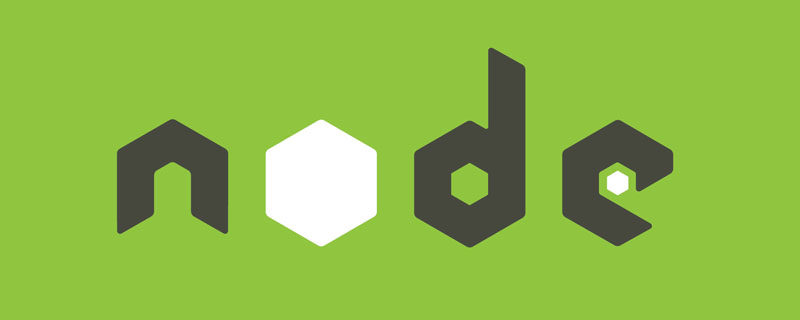The databases that node can use are: 1. IBM DB2; 2. MS SQL Server; 3. PostgreSQL; 4. MySQL; 5. SQLite; 6. Oracle; 7. Mongo; 8. Hive; 9. Redis;10, CouchDB, etc.

The operating environment of this tutorial: windows7 system, nodejs version 12.19.0, DELL G3 computer.
node.js is a development platform that allows JavaScript to run on the server side, which can be used to easily build network applications with fast response speed and easy expansion. Node uses an event-driven, non-blocking I/O model to be lightweight and efficient, making it ideal for running data-intensive real-time applications on distributed devices.
node.js supports the following Database:
IBM DB2
MS SQL Server
PostgreSQL
MySQL
SQLite
Oracle
-
NoSQL and Key/Value
Mongo
- ##Hive
- Redis
- CouchDB
- Other NoSQL implementations
So How to choose?
What node uses as the database depends on the business scenario. All mainstream databases can be selected. Generally, mysql is used more in the industry. nodejs Oracle has many pitfalls, but it can be done. nodejs Mysql is used by the most people. After all, mysql is already very popular. nodejs mongodb fast fast = very fast, suitable for ultra-rapid development mode.Example: Node.js connects to MySQL database
1. Install the driverUse Taobao’s customized cnpm command to install:$ cnpm install mysql2. Connect to the databaseIn the following example, modify the database user name, password and database name according to your actual configuration: test.js file code:
var mysql = require('mysql');
var connection = mysql.createConnection({
host : 'localhost',
user : 'root',
password : '123456',
database : 'test'
});
connection.connect();
connection.query('SELECT 1 + 1 AS solution', function (error, results, fields) {
if (error) throw error;
console.log('The solution is: ', results[0].solution);
});The output result of executing the following command is: $ node test.js The solution is: 2Database connection parameter description:
| Description | |
|---|---|
| Host address (default: localhost) | |
| Username | |
| Password | |
| Port number (default: 3306) | |
| Database name | |
| Connection character set (default: 'UTF8_GENERAL_CI', note that the letters in the character set must be capitalized) | |
| This IP is used for TCP connection (optional) | |
| Connect to the unix domain path, Ignored when using host and port | |
| Time zone (default: 'local') | |
| Connection timeout (default: no limit; unit: milliseconds) | |
| Whether to serialize objects | |
| Whether to convert column values into local JavaScript type values (default: true) | |
| Custom query statement formatting method | |
| When the database supports bigint or decimal type columns, you need to set this option to true (default: false) | |
| supportBigNumbers and bigNumberStrings enable forcing bigint or decimal columns to be returned as JavaScript string types (default: false) | |
| Force timestamp, The datetime and data types are returned as string types instead of JavaScript Date types (default: false) | |
| Enable debugging (default: false) | |
| Whether to allow multiple MySQL statements in a query (default: false) | |
| Use To modify the connection flag | |
| Use the ssl parameter (the same format as the crypto.createCredenitals parameter) or a string containing the ssl profile name. Currently only bundled with Amazon RDS configuration file |
The above is the detailed content of What databases can node use?. For more information, please follow other related articles on the PHP Chinese website!
 node、nvm与npm有什么区别Jul 04, 2022 pm 04:24 PM
node、nvm与npm有什么区别Jul 04, 2022 pm 04:24 PMnode、nvm与npm的区别:1、nodejs是项目开发时所需要的代码库,nvm是nodejs版本管理工具,npm是nodejs包管理工具;2、nodejs能够使得javascript能够脱离浏览器运行,nvm能够管理nodejs和npm的版本,npm能够管理nodejs的第三方插件。
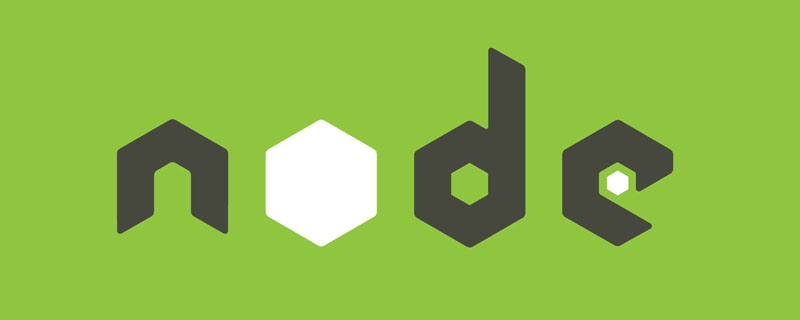 Vercel是什么?怎么部署Node服务?May 07, 2022 pm 09:34 PM
Vercel是什么?怎么部署Node服务?May 07, 2022 pm 09:34 PMVercel是什么?本篇文章带大家了解一下Vercel,并介绍一下在Vercel中部署 Node 服务的方法,希望对大家有所帮助!
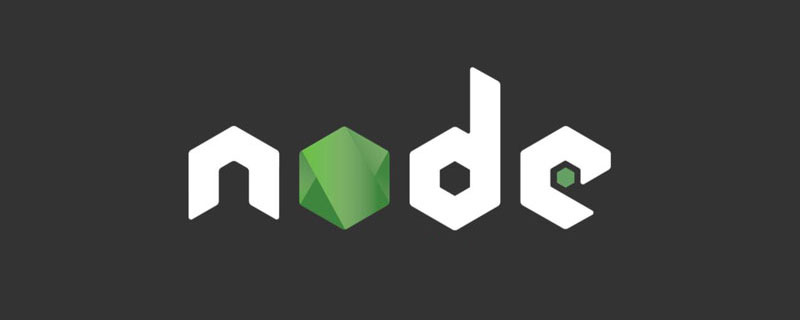 node爬取数据实例:聊聊怎么抓取小说章节May 02, 2022 am 10:00 AM
node爬取数据实例:聊聊怎么抓取小说章节May 02, 2022 am 10:00 AMnode怎么爬取数据?下面本篇文章给大家分享一个node爬虫实例,聊聊利用node抓取小说章节的方法,希望对大家有所帮助!
 node导出模块有哪两种方式Apr 22, 2022 pm 02:57 PM
node导出模块有哪两种方式Apr 22, 2022 pm 02:57 PMnode导出模块的两种方式:1、利用exports,该方法可以通过添加属性的方式导出,并且可以导出多个成员;2、利用“module.exports”,该方法可以直接通过为“module.exports”赋值的方式导出模块,只能导出单个成员。
 安装node时会自动安装npm吗Apr 27, 2022 pm 03:51 PM
安装node时会自动安装npm吗Apr 27, 2022 pm 03:51 PM安装node时会自动安装npm;npm是nodejs平台默认的包管理工具,新版本的nodejs已经集成了npm,所以npm会随同nodejs一起安装,安装完成后可以利用“npm -v”命令查看是否安装成功。
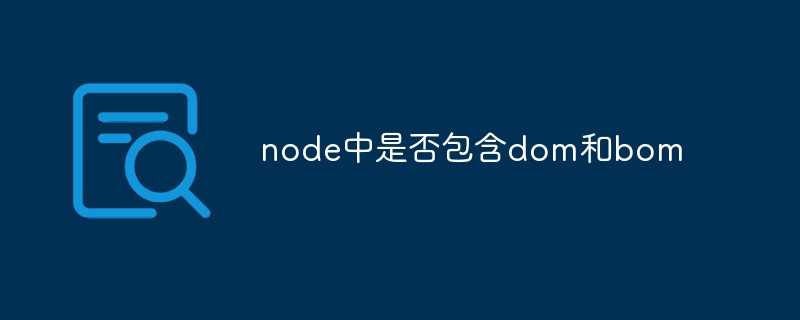 node中是否包含dom和bomJul 06, 2022 am 10:19 AM
node中是否包含dom和bomJul 06, 2022 am 10:19 AMnode中没有包含dom和bom;bom是指浏览器对象模型,bom是指文档对象模型,而node中采用ecmascript进行编码,并且没有浏览器也没有文档,是JavaScript运行在后端的环境平台,因此node中没有包含dom和bom。
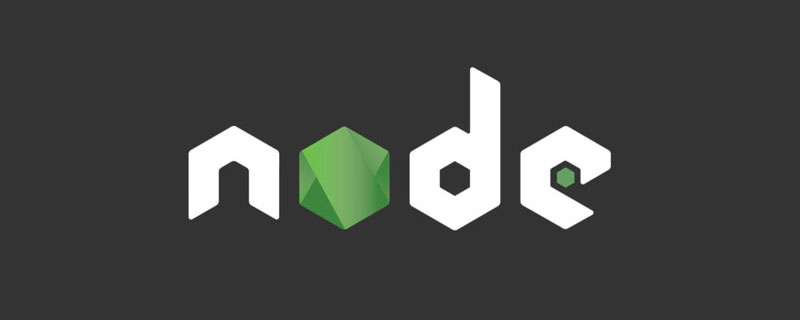 什么是异步资源?浅析Node实现异步资源上下文共享的方法May 31, 2022 pm 12:56 PM
什么是异步资源?浅析Node实现异步资源上下文共享的方法May 31, 2022 pm 12:56 PMNode.js 如何实现异步资源上下文共享?下面本篇文章给大家介绍一下Node实现异步资源上下文共享的方法,聊聊异步资源上下文共享对我们来说有什么用,希望对大家有所帮助!


Hot AI Tools

Undresser.AI Undress
AI-powered app for creating realistic nude photos

AI Clothes Remover
Online AI tool for removing clothes from photos.

Undress AI Tool
Undress images for free

Clothoff.io
AI clothes remover

AI Hentai Generator
Generate AI Hentai for free.

Hot Article

Hot Tools

Safe Exam Browser
Safe Exam Browser is a secure browser environment for taking online exams securely. This software turns any computer into a secure workstation. It controls access to any utility and prevents students from using unauthorized resources.

PhpStorm Mac version
The latest (2018.2.1) professional PHP integrated development tool

ZendStudio 13.5.1 Mac
Powerful PHP integrated development environment

SublimeText3 Linux new version
SublimeText3 Linux latest version

Notepad++7.3.1
Easy-to-use and free code editor





